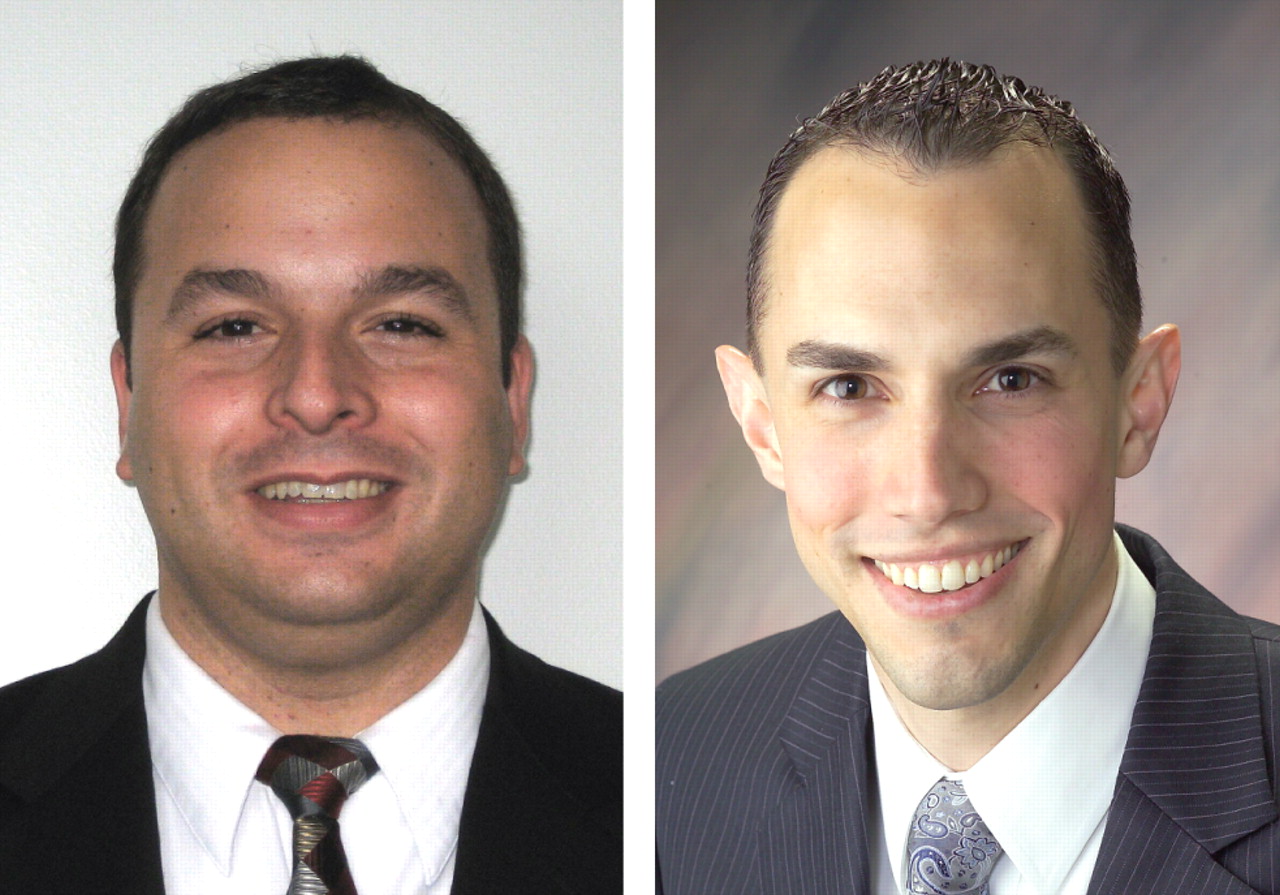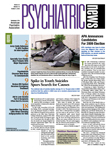The AMA's Resident and Fellow Section, the largest national organization of graduate medical trainees, has a membership of nearly 30,000 individuals from all states and specialties. The group advocates for resident and fellow physicians within the AMA and has an influential voice in reforming the health care system, improving medical education, and helping trainees on a professional and personal level.
APA has a highly involved and very effective delegation—the Section Council on Psychiatry—that works within the AMA. Currently led by Dr. Jack McIntyre, chair of the Section Council on Psychiatry and a past president of APA, and Dr. David Fassler, vice chair of the Section Council on Psychiatry and APA secretary-treasurer, the delegation is influential in the AMA annual and interim meetings.
The delegation introduces and advocates for resolutions important to psychiatrists, their patients, and the mental health of Americans in general. Within the section council are a delegate and alternate delegate to the Resident and Fellow Section (RFS) whose job is to represent the interests of psychiatric trainees and patients.
Several issues discussed by the AMA House of Delegates at its annual meeting in June were highly relevant to psychiatrists and others who treat people with mental illness. Psychiatrists were, for example, involved in submitting a resolution related to concerns about therapeutic equivalence (or potential lack thereof) of generic medications, which may particularly affect drugs used to treat psychiatric and neurologic conditions.
Another resolution focused on the difficulty patients have in accessing psychiatric beds, which has resulted in over-crowding in emergency departments, and the need to improve access to inpatient and outpatient psychiatric care (Psychiatric News, July 18).
In addition the section council was involved in advocating for resolutions related to medical education. The AMA Council on Medical Education had prepared a report, “Improving Parental Leave Policies for Residents,” with recommendations that included encouraging the Accreditation Council for Graduate Medical Education to “study the feasibility of requiring training institutions to offer paid FMLA [Family and Medical Leave Act]-qualified leave for residents of no less than six weeks' duration, and to permit unpaid FMLA-qualified leave of an additional six weeks.” The section council backed this recommendation, which resulted in a resolution proposing that the member boards of the American Board of Medical Specialties standardize policies regarding leave, including not requiring residents to make up any more time than they took for FMLA-qualified leave.
In response to the crucial need for physicians to receive training in public-health issues, the AMA Council on Medical Education also recommended that the AMA participate in planning to implement recommendations in the Institute of Medicine report titled “Training Physicians for Public Health Careers,” which calls for expansion of physician enrollment in postresidency public-health fellowships. Proponents hoped that this would allow for trainees in all specialties to participate in public-health training, perhaps leading to a master's degree in public health. Given the significant need for input from psychiatrists and mental health professionals in the public health sphere, this resolution was supported by the section council.
With young physicians increasingly struggling with debt from their medical education, numerous resolutions were submitted on medical-school debt and financial aid. The House of Delegates approved supporting medical-school policies that require financial-aid officers to disclose any incentives received from lenders designated as “preferred lenders” to allow for greater transparency in educational-loan processing. The AMA also agreed to support standardizing disclosure practices that require medical schools to explain reasons for tuition increases and the planned use of income generated by those increases.
Further, a resolution was approved to have the AMA research solutions to the ongoing debt crisis faced by medical students, residents, and fellows. Unfortunately, issues of educational debt and loan repayment have been shown to play significant roles in the career choices of medical students and residents, making some less likely to choose careers in psychiatry or certain areas of psychiatry because of a perception that these are lower paying than other specialty fields. The section council was a strong supporter of efforts to reduce the loan burden from medical education costs.
While both time and money for graduate medical trainees are often limited, membership in the AMA is a good way to ensure that your voice and your concerns are heard by your colleagues in all medical fields. The AMA's activities have been influential in changing key policies at local and national levels to the benefit of physicians and the people they treat. Membership and participation also afford residents a valuable opportunity to meet trainees and practicing physicians in all specialties and all areas of the country, helping to make personal and professional connections that can last a lifetime.
Additional information about the AMA RFS is posted at<www.ama-assn.org/ama/pub/category/15.html>. Information on joining the AMA or renewing membership is posted at<https://membership.ama-assn.org/JoinRenew>.▪

